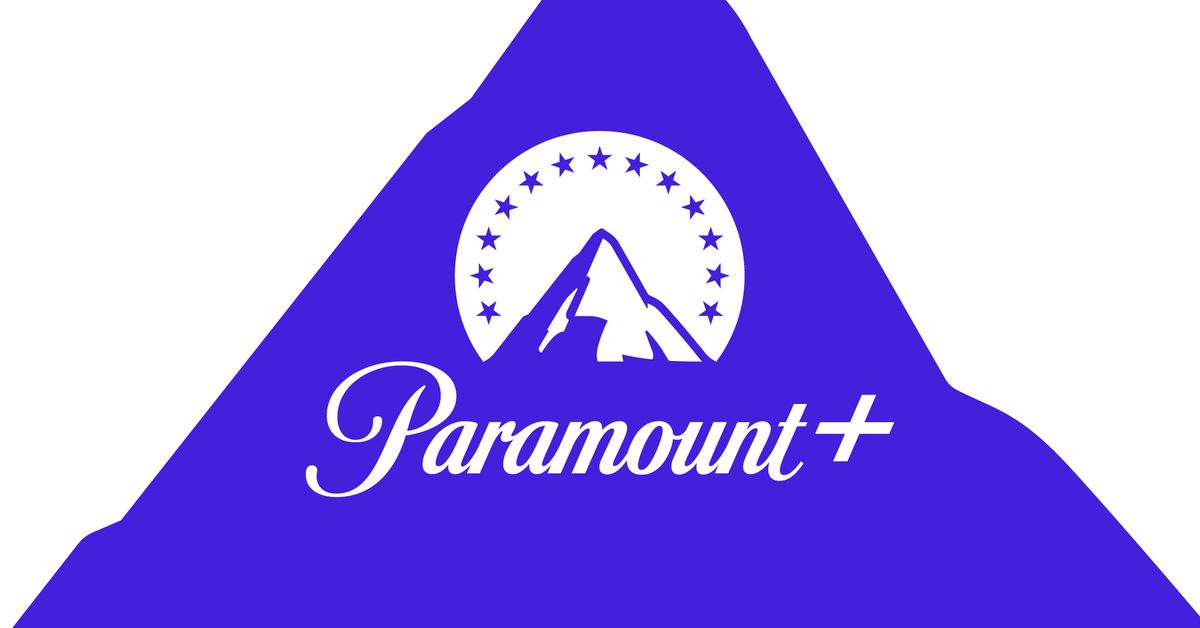A merging of Warner Bros. Discovery and Paramount would be very bad

This week, Axios broke the news that Warner Bros. Discovery and Paramount were looking into some sort of merger. It would make sense: Warner Bros. Discovery is trying to become a content behemoth, and Paramount would give the company even more content plus a grouping of popular (as they can be in this age) broadcast and cable channels. It would further secure Warner Bros. Discovery’s control over tentpole IP and allow it to serve as an even more potent rival to Disney and Netflix.
It would also be very bad for all of us who just want to watch some shows after work or school. In 2023, we finally saw the future envisioned by the companies behind the streaming services we all use. It was not a world where shows and movies are readily available, fan-favorites get the attention they deserve, and aggressive competition keeps prices low — instead, we got perpetually rising prices, disappearing content, and abrupt and poorly messaged cancellations.
The price creep, in particular, has been egregious this year. As my colleague Emma Roth pointed out in a piece about the year of the price hike, seven of the biggest streaming companies raised prices in 2023: Netflix, Hulu, Disney Plus, Max, Apple TV Plus, Paramount Plus, and Peacock.
Less competition would leave consumers even more open to price increases. In a market where the biggest IP is split between Disney, Amazon, Netflix, and a combined Warner Bros. Discovery/Paramount, you can imagine the prices those companies would attempt to charge you just to participate in pop culture.
It would not be cheap.
But the thing that terrifies me even more than the inevitable price hikes foisted on us by Warner Bros. Discovery CEO David Zaslav and fellow media execs, is the simple consolidation of entertainment companies — and thus the decrease in the number of people deciding what gets greenlit and made.
We’ve seen again and again that when entertainment companies consolidate, it’s us — the people just trying to have a good time — who suffer. A hundred years ago, most of the biggest studios making films also owned the theaters screening those films. That meant some towns just wouldn’t get the biggest movies because the theater was owned by a rival studio. It meant that independently produced content was virtually non-existent. The list of people dictating what everyone watched was limited to a handful of (primarily male) producers and studio execs like Irving Thalberg, Jack Warner, and Louis B. Mayer. That led to a real homogeneity of content.
In modern times we’ve seen other execs put their thumb on the scale to push their own desires over those of creators. Zaslav has canceled more than one film or TV show because he didn’t feel they were worth the money. Tim Cook asked creators on Apple TV to not be mean, and even now, Apple has asked creatives, like Robert DeNiro, to watch what they say lest they upset Apple’s customers in other countries. The company is rumored to have canceled Jon Stewart’s show for similar reasons.
It won’t be the most successful franchises that suffer in consolidation. The Game of Thrones franchise and the Taylor Sheridan oeuvre would be safe. It’s the smaller projects that would be threatened, projects often helmed by people of color and queer folks. These are projects that might have enormous impact even if their audiences are smaller.
We know this because it has already happened quite a bit in 2023. Paramount canceled Ziwe, the source of countless viral interview clips starring Black comedienne Ziwe, and entirely removed Rise of the Pink Ladies — a surprisingly good Grease prequel centered on the experience of a butch lesbian in the 1950s. (In a gut to the gays, Disney did the same to the Willow sequel, which also had a lesbian romance at its core.)
Max has left a bloody trail of devastation in its wake this year, too. It canceled the award-winning A Black Lady Sketch Show and then bungled the release of the third season of Warrior before canceling it for good. The cancellation of Warrior, about Chinese immigrants fighting for survival in 1880s San Francisco, is particularly egregious, as it was renewed for that third season because it was so successful on HBO Max. But there was no room for it on a consolidated streaming service packed with more mainstream populist programming. Same went for South Side, the critically lauded comedy about two Black men trying to find success in Chicago’s South Side, and Los Espookys, the Peabody Award-winning Latino-led comedy.
A merging of Warner Bros. Discovery and Paramount wouldn’t have saved any of those shows — more like them wouldn’t even make it to production. Instead, it would mean more Taylor Sheridan shows about hard men and their hard-but-understanding wives, plus whatever superhero fare James Gunn starts churning out for Warner Bros. and DC.
In the ’40s, the government saw what was happening with the studios in Hollywood and their immense consolidation of power and cultural cachet and found it was a violation of antitrust laws. From all of the legal wrangling came something called the Paramount Decree, ending the ability of studios to own the theaters that distributed their content. It forced competition, weakened the roles of censors, and increased the number of both independent theaters and independent films. It worked.
In 2019, the DOJ sought to have that decree ended despite the rise of streaming services that effectively served the same function. While that decree wouldn’t have governed the streaming services, you can certainly see why something like it might be beneficial now: because if Warner Bros. Discovery does succeed in buying Paramount, streaming will get more expensive — and the content will get even blander.
https://www.theverge.com/2023/12/22/24011064/warner-bros-discovery-paramount-merger-very-bad